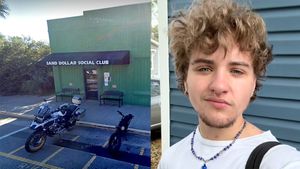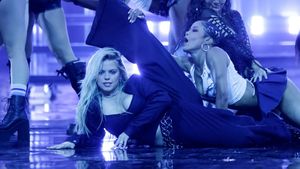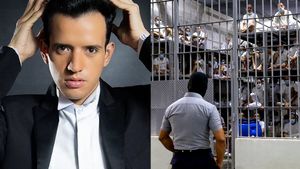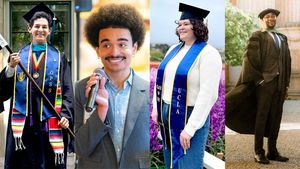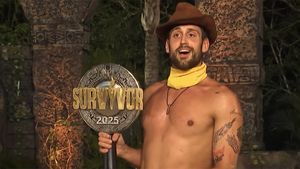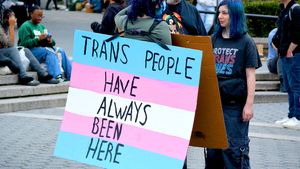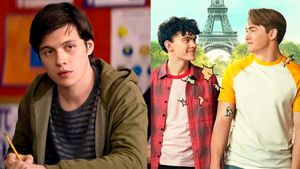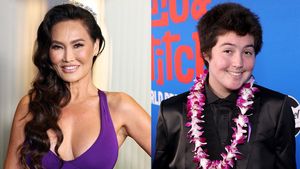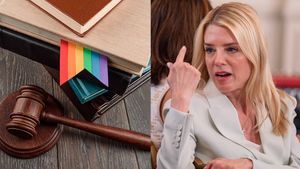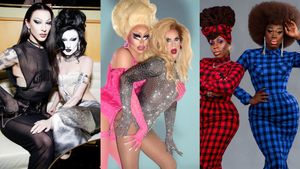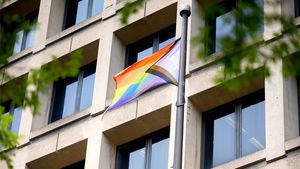As is well known by now, a few months ago, six teens, who were repeatedly ridiculed and taunted by their peers for being (or being perceived as) gay, took their lives, all within a six week span. The suicides of Asher Brown, 13; Seth Walsh, 13; Justin Aaberg, 15; Billy Lucas, 15; Tyler Clementi, 18; and Raymond Chase, 19 prompted a national conversation on bullying and galvanized gay celebrities and their straight allies to speak out against gay hate. Dan Savage, the popular sex and relationship columnist, launched It Gets Better, a suicide prevention project for gay teens. Savage’s campaign includes a series of Web videos of queer and straight adults touting the message that life after middle and high school gets, well, better.
These are all noble and necessary efforts, but they aren't enough. Few queer youths on the brink of suicide are going to be soothed by the notion that at some unforeseeable time in the distant future their lives will improve. While we can’t immediately eradicate social contempt for homosexuality, we can and should help queer kids feel the power and pleasure in their otherness — right now.
Growing up gay in a small suburb of Los Angeles and, later, San Diego, I too grappled with the kind of self-loathing that could send some kids over the edge. My sense of inadequacy sat like a sack of rocks on my shoulders, weighing down my self-esteem. The way I dealt with my budding lesbianism was to completely desexualize myself. I wore men's maroon wing tips, dark polyester slacks, big boxy shirts and sweaters to completely erase all traces of the fact that I was woman — a woman who desired and could be desired. While my classmates were participating in all the heterosexualizing rituals of high school — dances, dates, parties, and putting out — I was fighting to deaden my most primal needs and desires. While I wasn't driven to suicide, neutering myself into a state of numb half-aliveness was no way to live. I didn't come out of this zombie-like funk until I moved to Berkeley — far away from the stifling homogeneity of conservative San Diego.
At UC Berkeley, where one of the first LGBT programs in the country was launched, I encountered a subversive cadre of queer academics who took devilish delight in their otherness. Happy to be the queer disruptions that upended the social order, they exposed the ways dominant ideologies and institutions create unfair hierarchies that stigmatize and undermine certain groups of people, practices, and beliefs. They empowered me with the knowledge that language was the God of all our societal beliefs; and that since language was constantly changing, so too could the destructive ideas that debase same-sex love. In the meantime they taught me to celebrate my queerness and its power to challenge the status quo. For a girl crippled by an overwhelming sense of inadequacy, this was potent stuff. It fortified my self-esteem by helping me see my perceived weaknesses as strengths and believe in a future where society, not just my individual life, could get better. I only wish I'd had this education earlier so I’d never have felt the need to anesthetize so much of myself for so long.
Similarly, we need a campaign that doesn't kowtow to the tastes of conservative straight America — with softball solutions for our suicidal teens — and offer a message far more compelling and persuasive and self-affirming than "it gets better." Much like the Black Is Beautiful movement from the '60s, which encouraged African-Americans to resist the self-hating temptation to assimilate by straightening their hair and whitening their skin, I'd like to propose a different sort of campaign — one that understands that the only viable lifeline for queer kids saddled with self-loathing and suicidal tendencies is to teach them to delight in the ways they don’t fit in.
more on next page...
\\\
(continued)
We need to show our queer youth that their marginalized perspective is a vital asset to society; that the sensitivities of queer misfits are often the revelations in the world's best literature and art; that a life that doesn't conform to the status quo is often the measure of a great life; that they are part of a long lineage of brilliant artists and thinkers, whose queerness, undoubtedly, informed the qualities that set them apart from — and even above — the masses; that their queerness is part of their greatness.
Such a campaign concept would be akin to Santa Claus recognizing that Rudolph’s ridiculed red nose is actually his social asset and power. It would fundamentally change the way same-sex desire is seen, which, of course, would be met with bitter opposition with some fearing that a message that endorses homosexuality would spread same-sex desire like a disease to otherwise "healthy" heterosexual teens — an insulting and absurd concern. After all, we’re all gay despite the overwhelming pressure to be straight. Others might be skeptical of a campaign that accentuates difference, concerned that it will pit gays against straights; but carefully executed, the point will be healthy self-affirmation, not antagonistic separatism.
The Stonewall ethos undergirding the project I propose will raise the question of why it’s still useful, given the tremendous strides we’ve already made toward greater equality and acceptance, to exalt our differences as our strengths. Here’s why: Unlike African-Americans or Hispanics or women (other marginalized groups) who can keep populating the world and thereby change demographics and become a force in numbers, gay people will always be a minority (we can't be sure to reproduce gay offspring!), so the quest for complete normalcy and assimilation will ultimately fail. We'll always be abnormal, so it would serve our communities well to honor and celebrate that fact.
The truth is, things have gotten better ... but they still suck. The teen bullying that pushed these kids to their deaths manifests itself in the adult lives of all LGBT people. Queer people often experience harassment on the streets when seen holding hands or kissing or hugging (even in New York City) or from family members who don't allow significant others to attend familial festivities such as weddings and holidays or refuse to acknowledge a same-sex partner's child as a legitimate family member, never mind the institutional forms of bullying like excluding gays from marriage and (until this Saturday), the military’s "don’t ask, don’t tell policy." Can we really condemn the bullying of queer youths when we support such policies and practices?
Sure, American society accepts gay entertainers and will grudgingly engage a national conversation on same-sex marriage and even repeal DADT, but our culture continues to view homosexuality as an unfortunate biological affliction rather than a beautiful, if less prevalent, variation of human sexuality. If we want to change attitudes toward homosexuality at a cellular level and thereby give gay kids and teens a healthier sense of themselves, we need to offer a message that affirms the very nature of their desires. Such a measure won't prevent bullies from bullying, but it’ll give our youths the wherewithal to endure social alienation and scorn without succumbing to tragic and premature ends.
Follow SheWired on Twitter!
Follow SheWired on Facebook!
Be SheWired's Friend on MySpace!






































































